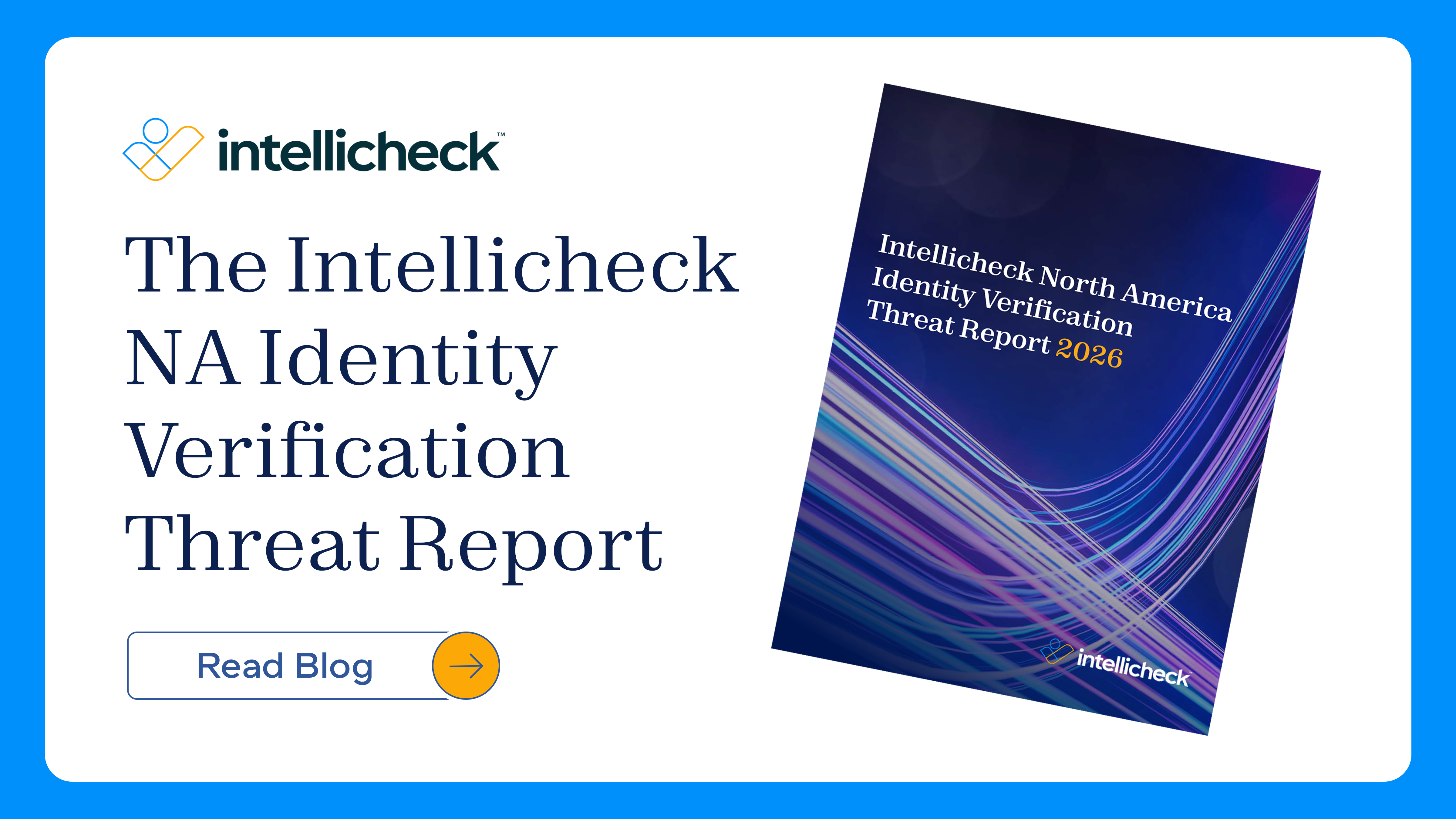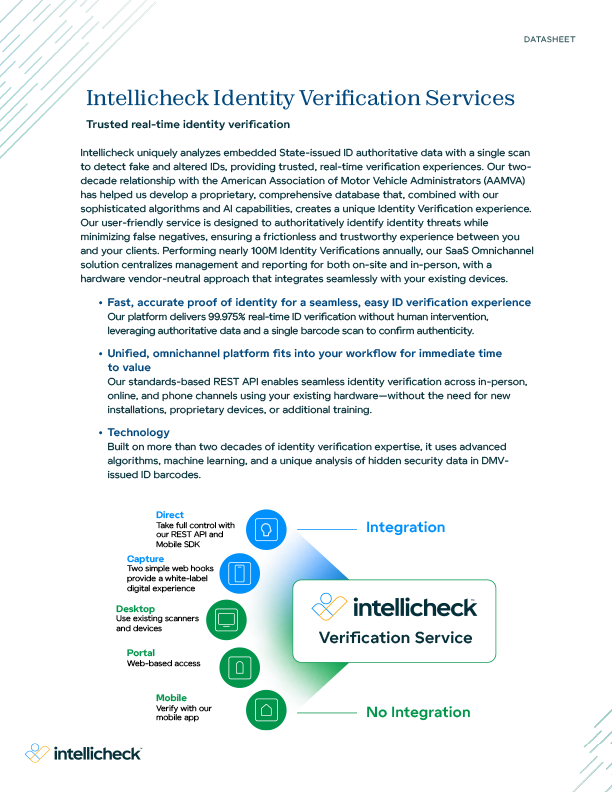Healthcare Identity Theft is a Big Problem
When Abigail Martin received a phone call from the police telling her that they believed she was the victim of identity theft, she thought it was a scam. Soon afterwards, Abigail would learn that the police were real, and the true scammer was an Illinois-based woman who shared Abbi’s first and last names. That woman went on to obtain Abbi Martin’s personal information and professional nursing license number, and then used them to secure positions in healthcare facilities—where she administered medication and provided treatment—with no active nursing license or healthcare training or experience.
Imposters posing as healthcare professionals—and administering medical care—occurs more often than most people think. Here are just a few examples:
- In 2024, a Los Angeles woman stole the identity of a registered nurse and proceeded to obtain a nursing position with two Los Angeles County hospitals. The impersonator did not have a nursing license and already was on federal probation for a fraud violation in her home state of Virginia. It is estimated that the woman took care of 60 patients while working at the Burbank hospital over the span of one month, after which the staff discovered she was impersonating a real registered nurse who did not live in California.
- A Michigan woman falsely represented that she was a licensed registered nurse and that she had completed a Bachelor of Science degree in nursing, using the identification of a person she knew was an actual licensed registered nurse in Michigan. The imposter evaluated and assessed elderly nursing home patients and falsely signed electronic medical records as a licensed registered nurse.
- A man in Texas secured employment and practiced as a registered nurse with a home healthcare agency by using the license number, social security number, date of birth, and other forms of identification belonging to another nurse with a different first name but same last name. During this time, the man provided direct patient care to pediatric patients and represented himself as a registered nurse to staff, patients, families, and the public while using the credentials “RN” on medical records.
- After stealing the identity of a registered nurse in Georgia, an imposter provided home medical care to children with serious medical conditions. The imposter herself did not have a registered nursing license in Georgia.
- A woman practiced medicine as a registered nurse without a license at seven nursing homes and assisted living facilities in South Carolina. She used a State of Georgia Board of Nursing license number belonging to someone else to gain employment as a registered nurse in all the facilities.
.jpeg)
In our original case, according to Abbi, the imposter was able to steal her identity because many healthcare facilities don’t ask applicants to provide a physical copy of their nursing license. The woman who stole Abbi’s identity was only asked to confirm her license number. And because the real Abigail Martin can be found on the Illinois Department of Financial and Professional Regulation website, it was easy for the imposter to obtain the information.
The facility’s cursory check of Abigail Martin’s licensing credentials didn't raise a red flag, even though the real Abbi and the imposter have different middle names.
Luckily, a colleague grew suspicious that the imposter didn't know what a PICC line was or how to perform standard tasks, such as setting up oxygen. That ultimately started to expose the identity theft and got the police involved.
The convicted serial identity thief received a concurrent sentence of three years in the Illinois Department of Corrections, and today the Illinois Board of Nursing has included a comment on Abigail Martin’s legitimate license, noting the fraud, should it occur again in the future.
How Fraudsters Impersonate Healthcare Professionals
Healthcare staffing shortages, exacerbated by the COVID-19 pandemic, have dramatically impacted the ability to attract and keep nurses. Nearly 30% of nurses left the profession within two years of the pandemic as part of the Great Resignation.1 The need to rapidly review applicants and fill gaps in care encourages impersonators to take advantage of the situation.
Using the stolen identity of an actual licensed nurse or healthcare professional, imposters apply for positions using the victim’s personal information and state nursing license number. Because so few facilities request evidence of, or verify, identity—such as a valid driver’s license or the actual certificate to practice—imposters are hired.
In Abbi Martin’s situation, the facilities hiring the woman who stole her identity did not verify ID, perform a background check, or ask for a physical copy of her nursing license. And, because nursing license numbers—along with a nurse's licensure status—are public record in the UnitedStates, fraudsters easily can obtain a nurse's license number by visiting the state Board of Nursing's website and searching their online database, or using the Nursys database, if the nurse is licensed in a participating jurisdiction.
Identity Verification is Key to Accurately Vetting Healthcare Workers
Abbi’s case, as well as numerous others, highlights the critical importance of proper vetting and verification processes in healthcare settings, as well as how publicly available information is ripe for exploitation. And there are significant consequences to both patients and facilities, including:
- Imposters put patients at risk by performing tasks for which they are unqualified and unlicensed to perform, including administering treatment and maintaining medical records
- Facilities can be liable for failing to secure their premises
- Facilities can risk losing accreditation and be in jeopardy with their state’s Department of Health
Preventing Healthcare Identity Theft with Intellicheck
Healthcare facilities can safeguard patient care and avoid potential legal and regulatory risks by preventing imposters from using fraudulent identities to obtain healthcare jobs. This includes requiring and verifying the authenticity of an applicant’s ID. But traditional ID checks rely on manual inspection, which is prone to human error and can be fooled by high-quality fake IDs. Even solutions that use image capture or OCR struggle with poor lighting, glare, and out-of-focus images, often resulting in false positives, false negatives, and an inconsistent and frustrating experience.
That’s why Intellicheck is different. With Intellicheck, healthcare facilities can analyze the legitimacy of an ID in real time using our unique and proprietary analysis of DMV-issued IDs to create a trusted identity verification experience. That means facilities can quickly and accurately determine the authenticity and validity of identification and verify that it belongs to the applicant.
Explore how Intellicheck can help stop impersonators from putting the care of patients—and your business—at risk. Learn more here.
Footnotes
1 UNACUHCP







